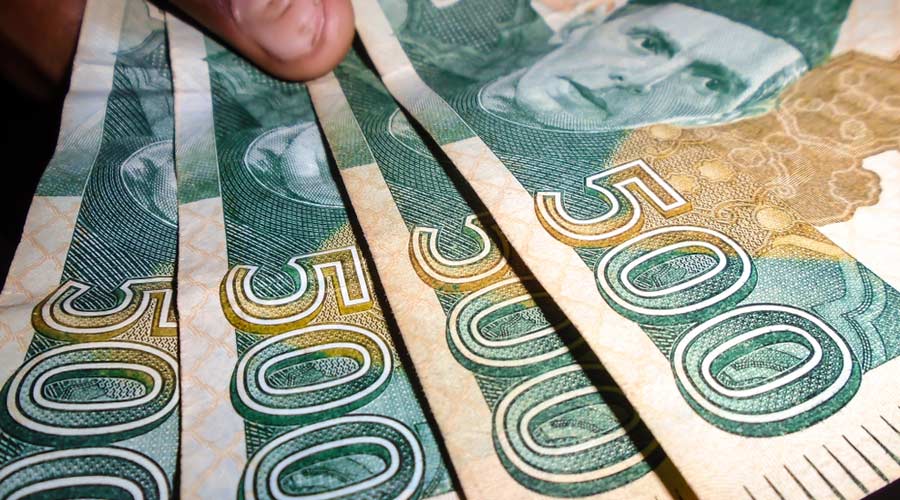The cash-strapped Pakistan government has directed the accountant general to cease the clearing of bills, including salaries, owing to the current economic crisis, according to a media report on Saturday.
The Ministry of Finance and Revenue also instructed the Accountant General of Pakistan Revenues (AGPR) to halt the clearing of all the bills of the federal ministries/divisions and attached departments until further notice, The News International quoted official sources as saying.
The newspaper reported that the operational cost-related releases faced difficulties mainly due to the economic hardship facing the country.
Pakistan’s foreign exchange reserves, which fell to a critically low level of USD 2.9 billion a few weeks ago, have now risen closer to USD 4 billion, even as the country eagerly waits for the USD 1.1 billion tranches of funding from the International Monetary Fund (IMF).
Minister for Finance Ishaq Dar, who was contacted for a comment by the newspaper, said it might be untrue but promised to get back after confirmation.
Sources said that they went to the AGPR office for clearance of their outstanding bills but were informed that the Ministry of Finance had directed them to stop clearing all the bills, including the salaries, because of the prevailing difficult financial positions.
The exact reasons could not be ascertained why the clearance of bills was stopped on an immediate basis.
The sources said the salaries and pensions of defence-related institutions had already been cleared for next month.
Finance Minister Dar while meeting on February 22 with a delegation of Rothschild and Co had said "the government was steering the economy towards stability and growth".
He added that "the government is committed to completing the IMF programme and fulfilling all international obligations".
Dar's commitment to unlocking the IMF tranche was visible on February 20 when the national assembly had unanimously approved the Finance (Supplementary) Bill 2023 or "mini-budget" - a move mandatory for seeking funding.
The bill increases sales tax from 17 to 25 per cent on imports ranging from cars and household appliances to chocolates and cosmetics. A general sales tax was raised from 17 to 18 per cent.
"The prime minister will also unveil austerity measures in the next few days," the minister told the lower house of parliament as the bill was passed, adding "we will have to take difficult decisions".
The country's weekly inflation remained stubbornly elevated at 2.78 per cent week-on-week and 41.54 per cent year-on-year during the seven-day period that ended on February 23, official data showed on Friday.
This comes as the government of Pakistan almost doubled the gas charges from Rs 147.57 to Rs 295 to get the IMF's approval for the USD 1.1 billion tranches out of the USD 6.5 billion bailout package under the Extended Fund Facility.
Analysts had said last week that inflationary pressures would intensify as the government took tax measures and made electricity, petroleum, and gas price adjustments to unlock the IMF programme.
Consumers have been reeling under the burden of rising prices of essential items, particularly edibles.
Except for the headline, this story has not been edited by The Telegraph Online staff and has been published from a syndicated feed.











